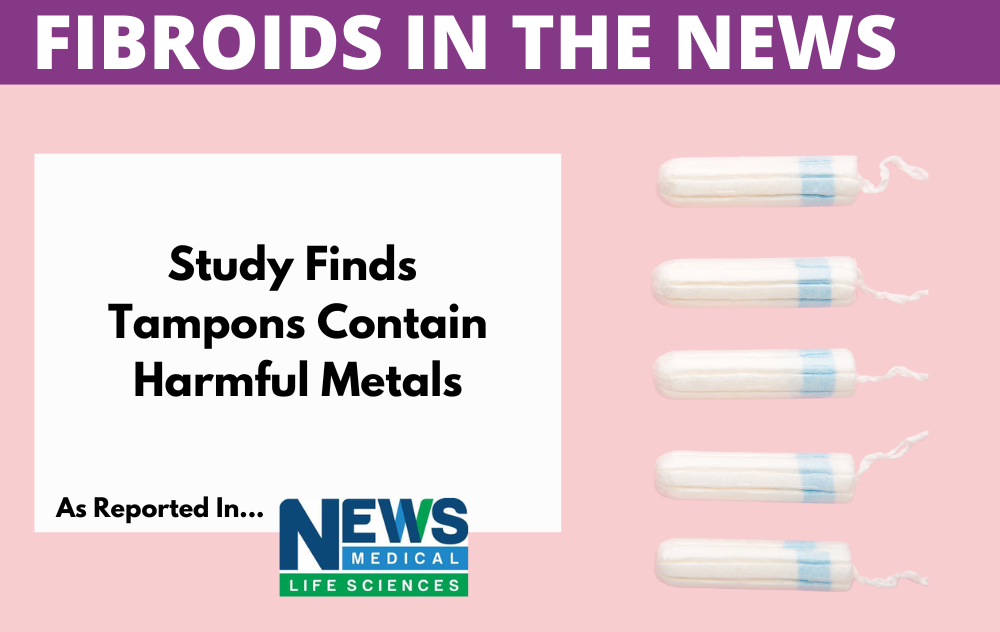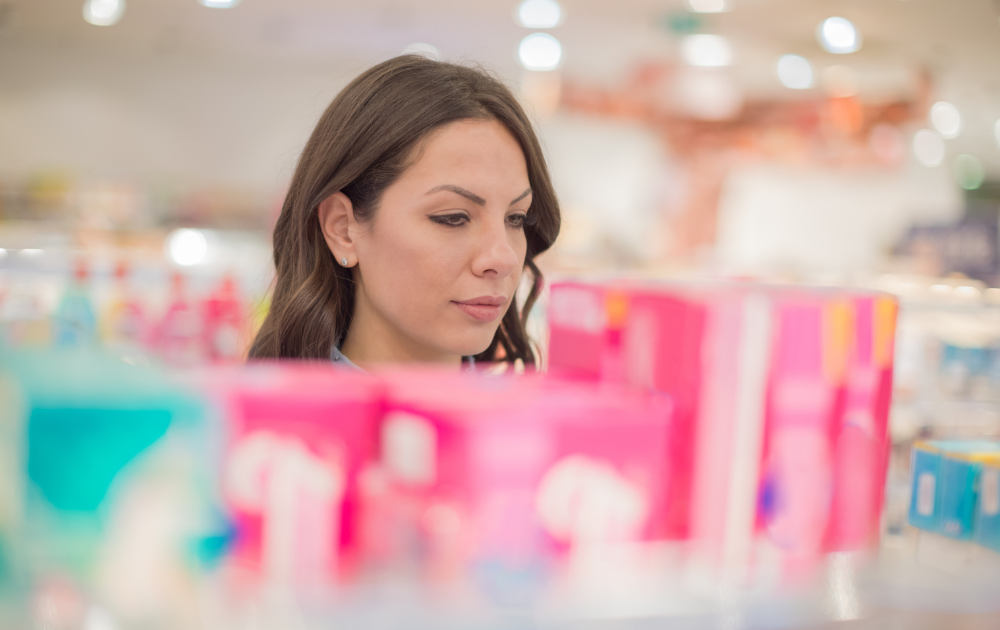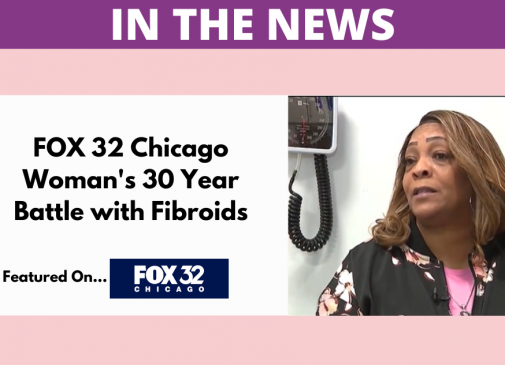
A recent article published in News Medical summarized an Environmental International study that provides insight into the presence of metals in tampons, a critical concern for millions of menstruating individuals.
The researchers tested 30 tampons from various brands and found that all of them contained detectable levels of 16 different metals, including some toxic ones like lead, arsenic, and cadmium.
Notably, lead was found in all samples, raising serious health concerns. This is especially worrying because metals can have detrimental effects on neurological health, kidney function, reproductive health, and more.

Now, let’s talk about why this matters, especially for those dealing with fibroids. Fibroids are non-cancerous growths in the uterus that often cause heavy menstrual bleeding and pain. Women with fibroids might use tampons more frequently or for longer periods to manage their symptoms. This extended use could increase their exposure to the metals found in tampons, potentially worsening their health issues.
The study also highlighted the difference in metal concentrations based on tampon characteristics, such as organic versus non-organic, store brands versus name brands, and products purchased in the U.S. versus those bought in Europe. However, none of the categories consistently showed low levels of all metals, indicating a widespread issue.
The contamination of tampons with metals can occur during various stages of production, including atmospheric deposition, wastewater during raw material production, and manufacturing processes.
Given that tampons are in direct contact with highly absorbent vaginal tissue, there’s a real risk of those metals leaching into the body and entering the bloodstream. For women with fibroids, this could mean more than just typical menstrual discomfort–it could potentially complicate their overall reproductive health.
The big takeaway here is the need for stricter regulations and more research to ensure tampon safety. If you have fibroids or any other condition that makes you use tampons more frequently, it’s crucial to be aware of these findings. It might also be a good idea to explore other menstrual products or talk to your doctor about the best options for you.
This study underscores the importance of not only improving product safety but also informing consumers. Menstruating individuals deserve to know what’s in the products they use regularly, especially when their health is at stake.
For more information, read the entire article here.
About Fibroid Fighters
Fibroid Fighters is a public welfare organization created to raise public awareness about fibroids’ social, economic, and health impacts so that we can destigmatize the condition, encourage open conversations around fibroids, and advocate for better support systems. We believe women deserve to be equipped with the knowledge and resources to navigate fibroids with confidence and access the best possible care.







